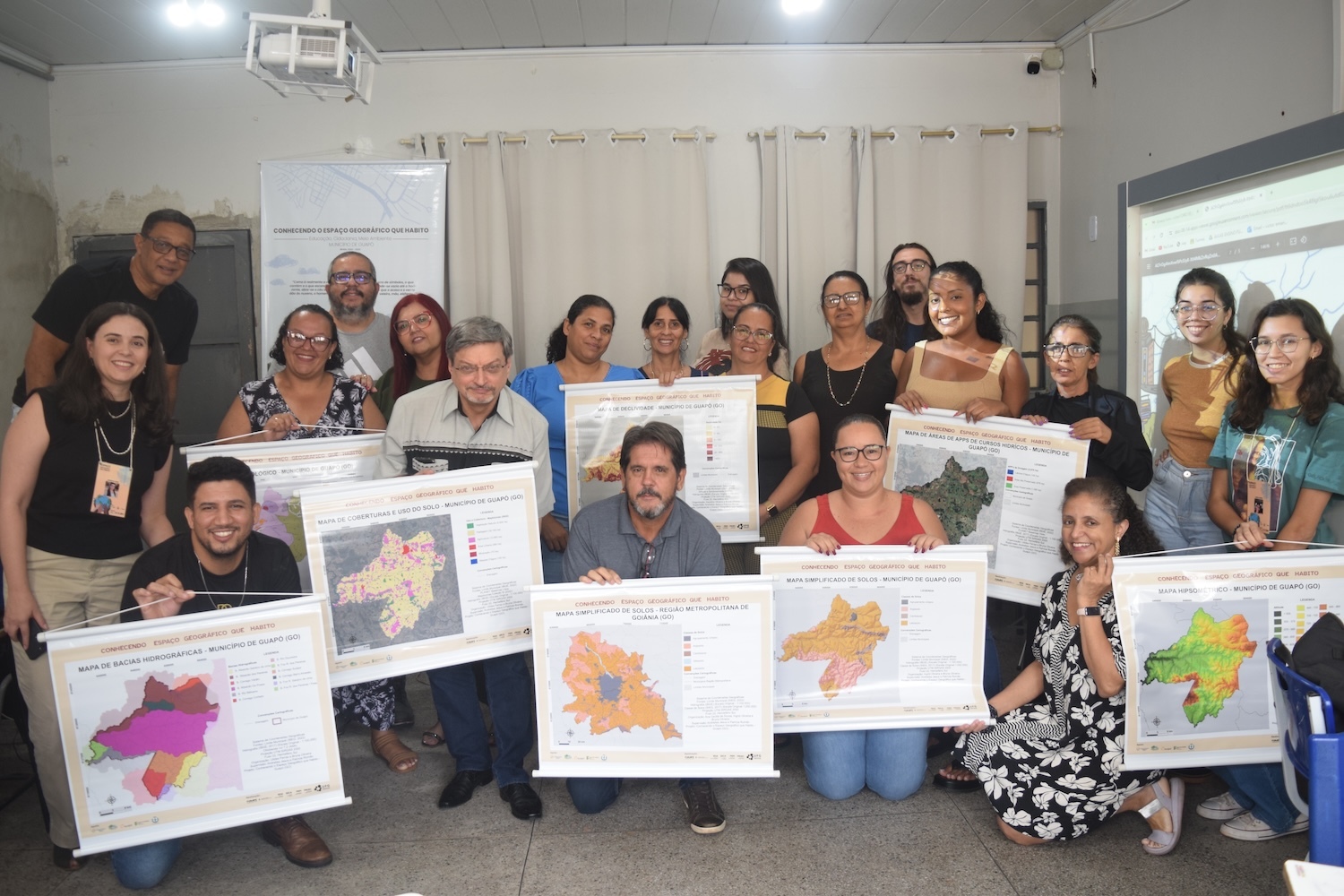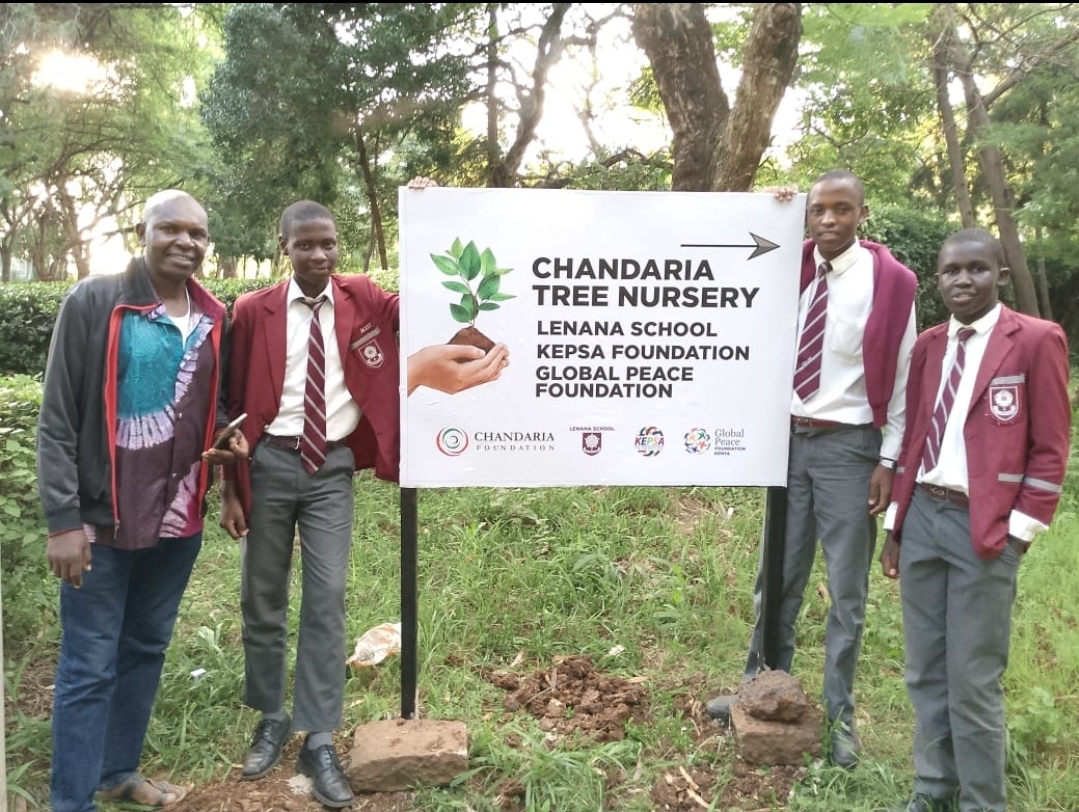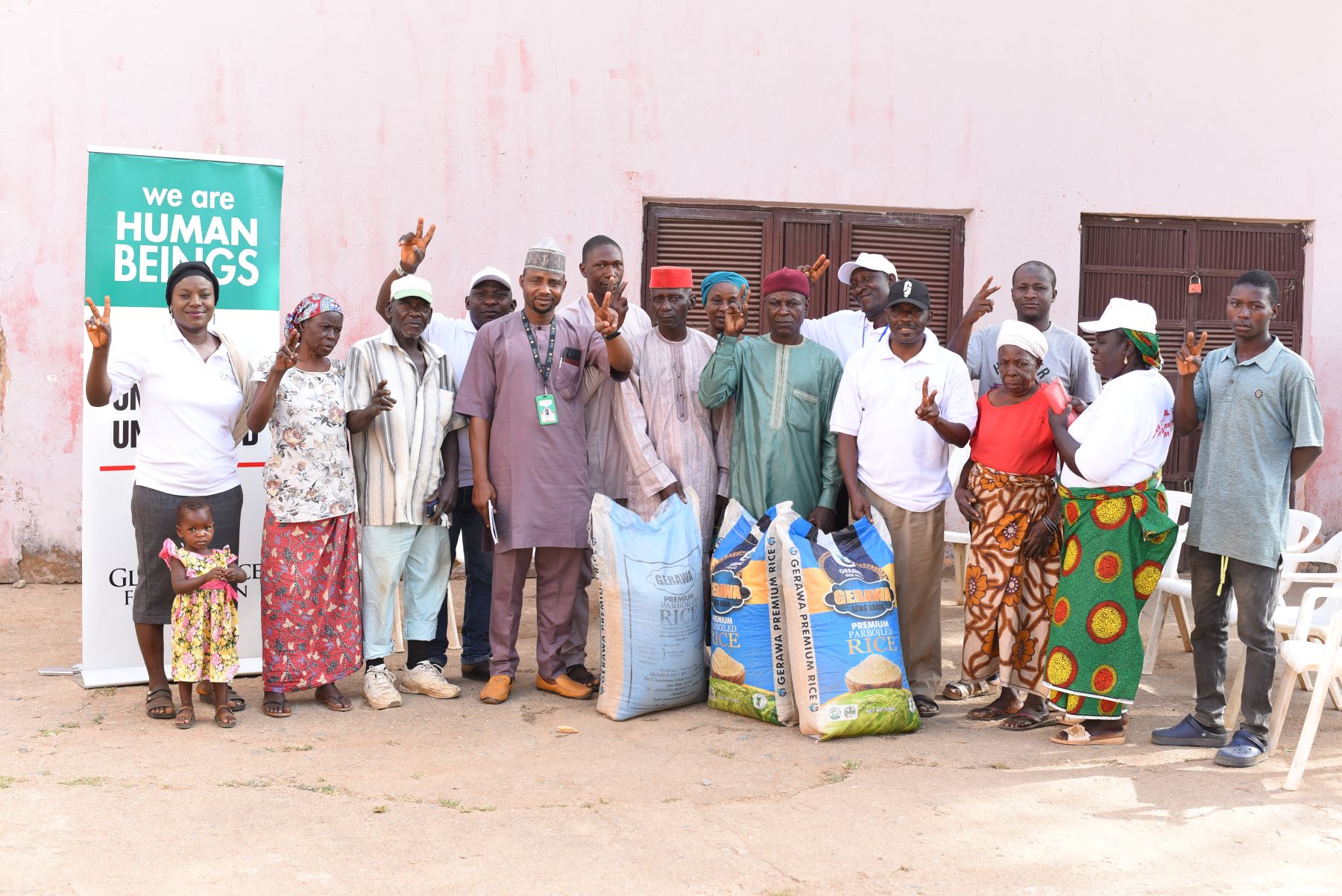Eager participants gathered around to see a demonstration of a clean cookstove after hearing about the effects of the popular “three stone” stove that has caused severe respiratory problems, including lung cancer, affecting millions worldwide.
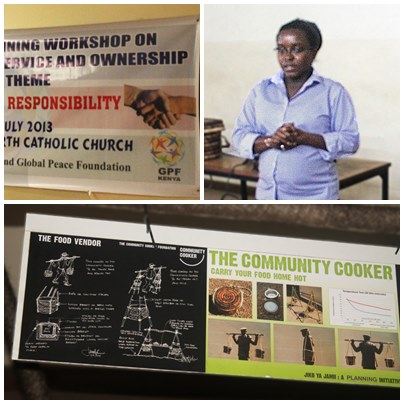
The Clean Stove Initiative by Ezy Life was one among several community development programs presented at the forum.
On July 25, 2013, forty-six participants, mainly women and youth, gathered in the Nairobi settlement of Kariobangi for a one-day workshop on the theme “Our Community: Our Responsibility.” The Clean Cook Stove project by Ezy Life was one among several community development programs presented at the forum.
The Global Peace Foundation Kenya and the East African Breweries Limited Foundation (EABL) hosted the one-day workshop to promote a culture of service and community ownership. Partners such as the Kenya Commercial Bank Foundation, Africa Nazarene University, Community Cooker Foundation, Global Village Energy for Partnership, Ezy Life and Sisi ni Amani joined together to inspire participants to create change by taking responsibility for the resources within their community.
The workshop had a strong emphasis on helping residents improve their health and environment and empowering women and youth economically. The Community Cooker Foundation presented a recycling project that uses a “community cooker” to turn waste in rural communities into a great resource for locals. Garbage is converted into fuel and used for necessities such as cooking, baking, and boiling water, effectively ridding communities of their waste and associated health and sanitation issues while providing a less expensive alternative to charcoal, firewood, and paraffin.
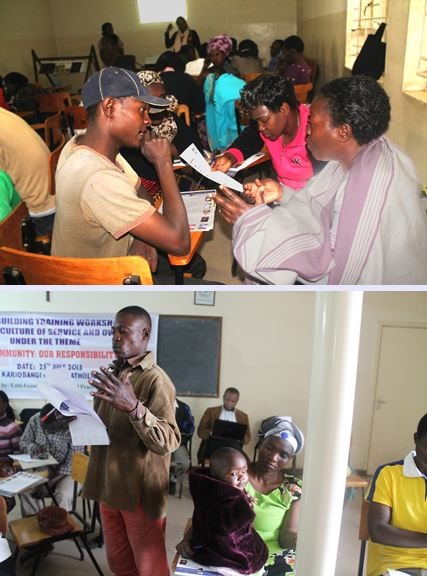
Kariobangi Participants learn about recycling and efficient waste management at a workshop in Kariobangi.
Pauline Donga, Manager of Kenya Commercial Bank, discussed opportunities for women to buy these clean cookstoves through the bank’s low-interest, micro-finance loans. She also said the bank is ready to share business skills with organized youth and women groups to empower them to create small businesses.
In addition, participants were trained in ways to create economic opportunities by the Global Village Energy Partnership. GVEP explained how fuel briquettes—blocks of compressed biomass material such as farming waste, charcoal dust or waste paper—could be used as fuel in households for cooking as well as water and space heating. The production of briquettes not only assists in minimizing personal fuel expenses but also presents an economic opportunity through sales.
Youth and women participants left the workshop with a new understanding of how to utilize their resources to create livelihoods and be owners of change for their communities. The participants are set to visit an existing community cooker and will gain business skill training from Kenya Commercial Bank shortly.
—Reported by GPF Kenya

